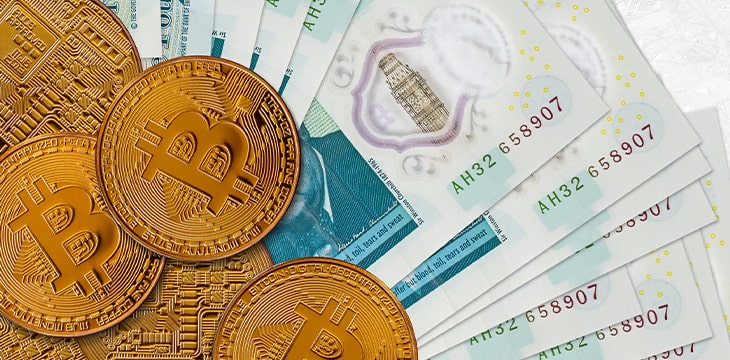|
Getting your Trinity Audio player ready...
|
Tax authorities in the United Kingdom have published updated guidance for the treatment of digital currency assets, offering a description on the tax treatment of staking for the first time.
Her Majesty’s Revenue and Customs (HMRC) published the updated guidance to address the issue of proof-of-stake rewards, which had previously been treated informally in the same way as mining rewards.
The new guidance replicates the wording of the guidance published on block reward mining, but applied to staking, effectively securing this position in law. However, the fact that both now have distinct guidance published creates the option for divergent tax positions in the future.
The guidance was issued as part of HMRC’s new internal manual for taxing digital currency assets, bringing together various disparate pieces of guidance for businesses and individuals engaged in digital currency markets.
In a statement, a spokesperson for HMRC said the guidance reflects the agency’s commitment to giving clear guidance on taxation in the digital currency sector.
“The guidance manual demonstrates our commitment to providing clarity to our customers and will help individuals and businesses understand the tax consequences of different types of transactions in crypto assets,” the HMRC spokesperson told another outlet. “This builds on the previously published policy papers and will provide a more flexible approach to updating customers in this fast-moving sector.”
As per the new guidance, tax falls on staking income where this “amounts to a taxable trade,” which depends on a number of factors, including the commercial nature of the organization and the degree of risk involved.
If the activity amounts to a trade, it will be taxed based on profits “calculated according to the relevant tax rules”. Where this is not the case, the pound sterling value of the digital currency assets is to be taxed as miscellaneous income.
The clarification will be welcome certainty for those involved in digital currency staking, both individuals and businesses.
See also: CoinGeek Live panel, Digital Currency & Global Compliance: Tools & Tips for Exchanges, Wallets & Other Service Providers

 02-16-2026
02-16-2026 




